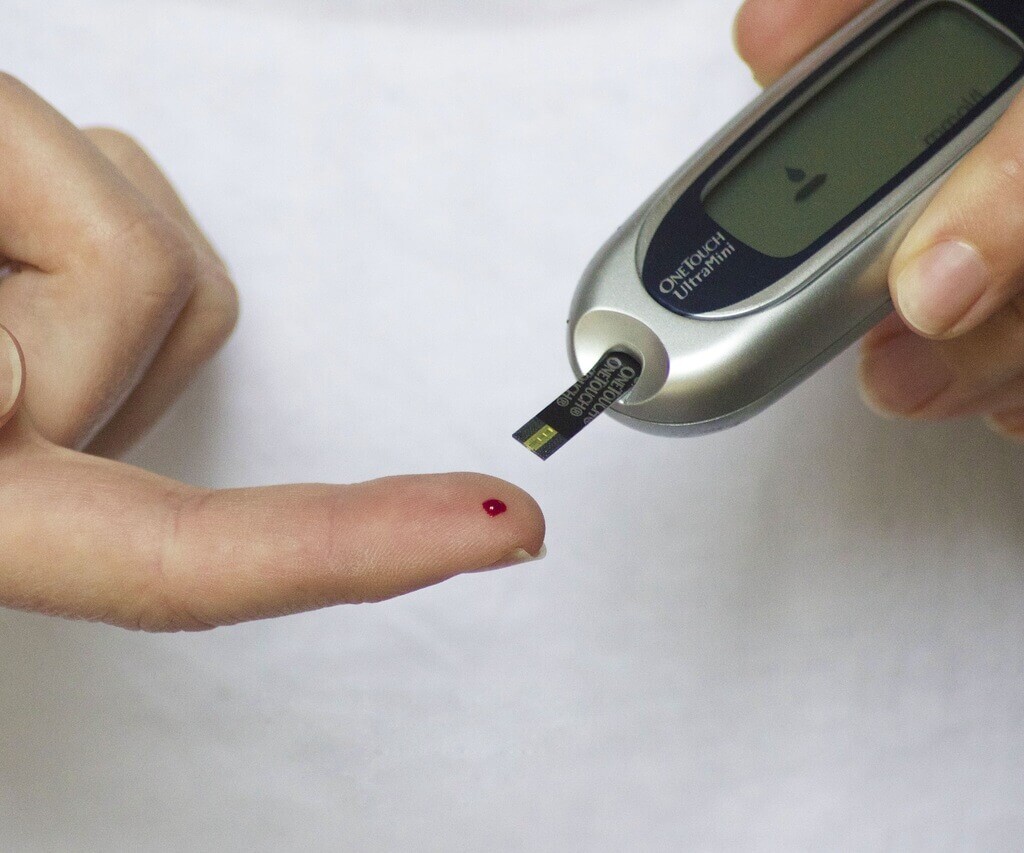In the field of biodecoding, it’s observed that emotional conflicts significantly impact the onset and management of diabetes. Unlike earlier theories, such as those proposed by Hamer, where emotions of resistance or opposition were prevalent, more recent studies suggest that the emotion of abandonment plays a crucial role in the development of this condition.
Abandonment and Its Role in Diabetes Development: Perspectives from Biodecoding
According to biodecoding, diabetes often originates from a deep feeling of abandonment. This sentiment can emerge at various stages of life and under different circumstances, such as:
- Children who grew up without one or both parents.
- Individuals who felt alone or unprotected from childhood, even within their family unit.
This abandonment involves more than just being physically alone; it includes an emotional deprivation that manifests as a lack of love, care and emotional attention. Individuals with these experiences may develop diabetes as a physical manifestation of the unresolved emotional conflict.
The Quest for Sweetness: Beyond Sugar
Diabetes has been metaphorically described as a “lack of sweetness” in a person’s life. However, this longing is not always about a craving for sweets; it relates more to an emotional need for love and affection. When these needs are unmet or inadequately met, the body may react by triggering symptoms of diabetes.
The challenge for many with diabetes is learning to properly process the ‘sweetness’ they receive. This can be particularly difficult if they have spent much of their life yearning for affection or if, when they finally receive it, they are unsure how to handle it emotionally.
Review of Family History: Key in Biodecoding
In the case of diabetes, a thorough review of family history can uncover repetitive patterns that influence susceptibility to this condition. Here is how this process is conducted and why it’s important:
Identification of Transgenerational Patterns
Collection of Family Stories
It involves gathering stories about the health and emotional experiences of ancestors. This includes asking relatives, reviewing old documents, or even accessing medical records and family albums to find clues about the living and emotional conditions of ancestors.
Search for Events of Abandonment
Specifically, any significant event that may have caused feelings of abandonment or emotional neglect is sought. This can include stories of orphanhood, divorces, migrations that separated the family or parents who, although physically present, were emotionally distant.
Analysis of Emotional Impact
Recognition of Emotional Patterns
Once these events are identified, it is analyzed how these abandonment patterns could have emotionally affected family members across generations. For instance, whether these patterns may have led to compensatory behaviors or a cycle of emotionally unsatisfactory relationships.
Correlation with Current Health
This exploration delves into how these emotional patterns might have influenced the health of descendants, specifically in the manifestation of conditions like diabetes. The theory posits that unresolved emotional conflicts become somatized—that is, they transform into physical symptoms as a signal of those unhealed emotional wounds.
Reconciliation and Healing
Therapeutic Work
With this information, therapists guide individuals through therapeutic processes aimed at “deprogramming” these inherited emotional conflicts. This can include talk therapies, writing grief letters, symbolic farewell rituals and other forms of emotional therapy that help to release these entrenched patterns.
Integration of New Emotional Practices
Individuals are encouraged to adopt new ways of relating and managing emotions that counteract old patterns. This may involve developing greater emotional openness, learning to form healthy emotional bonds and essentially creating a family environment that provides emotional and physical security to future generations.
This process aims not only to treat diabetes from a medical perspective but also to enhance the individual’s emotional and relational quality of life, providing a stronger foundation for overall well-being and preventing future diseases in the family.
The Power of Affectivity in Managing Diabetes
In biodecoding, it’s believed that diabetes should not only be treated with medical interventions like insulin or dietary changes but should also be approached from an emotional perspective. Here’s how affective gestures and emotional management can influence the treatment and progression of diabetes.
The Importance of Affective Gestures
Psychobiological Impact
Affective gestures, such as hugs and loving physical contact, can release hormones like oxytocin, known as the “love hormone”. Oxytocin not only improves mood but can also have beneficial effects on regulating blood sugar levels and reducing chronic inflammation, both relevant in diabetes.
Stress Response Improvement
Diabetes is often exacerbated or complicated by chronic stress. Positive affections can help mitigate stress, enhancing the body’s response to treatment and its ability to manage glucose. Reducing stress can help stabilize cortisol levels, which indirectly benefits diabetes control.
Learning to Give and Receive Affection
Emotional Reeducation
Many individuals with diabetes may have grown up in environments where physical and emotional affection was scarce or inconsistent. Biodecoding therapy often includes techniques that help people learn or relearn how to express and receive affection. This might involve practical exercises in therapeutic settings, such as planned hugging sessions or group therapies that encourage safe and healthy emotional expression.
Creation of New Emotional Patterns
By adopting new affective behaviors, individuals can begin to establish new emotional patterns that counteract those that might have contributed to their current health state. This not only aids in better emotional management but can also positively impact their overall physical well-being.
Transformation of Emotional and Physical Well-being
In the long term, effective emotional management and greater integration of affections into daily life can lead to significant improvements in the physical health of individuals with diabetes. These changes not only help manage diabetes more effectively but also enhance overall quality of life, increasing happiness and reducing emotional isolation.
Biodecoding thus proposes a holistic approach to managing diabetes, where emotional care is as crucial as medical treatment. This approach can open new pathways for addressing diabetes more comprehensively, aiming not just for physical stability but also for true emotional healing.
Towards a Deeper Understanding of Diabetes
Diabetes is not just a medical condition managed with insulin or medications. It reflects our emotional experiences and how our body responds to them. Recognizing and addressing underlying emotional conflicts, such as abandonment and a lack of love, can offer a promising path toward the holistic healing of diabetes.
Self-awareness and conscious action are powerful tools that enable individuals not only to manage their condition but also to significantly improve their quality of life.
Transform your emotional and spiritual life with a personalized tool
Discover the power of Biodecoding combined with Kabbalah. Through your Personal Kabbalistic Tree, designed based on your name and date of birth, you’ll receive a practical guide to work on your emotions and achieve holistic well-being.





